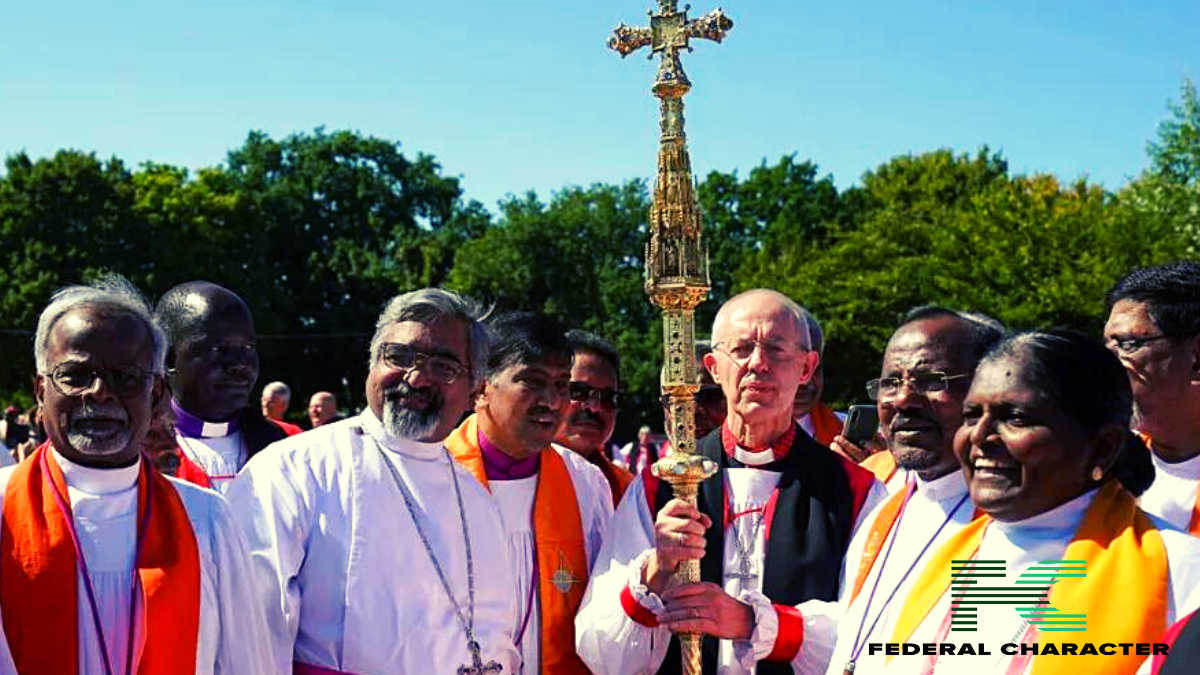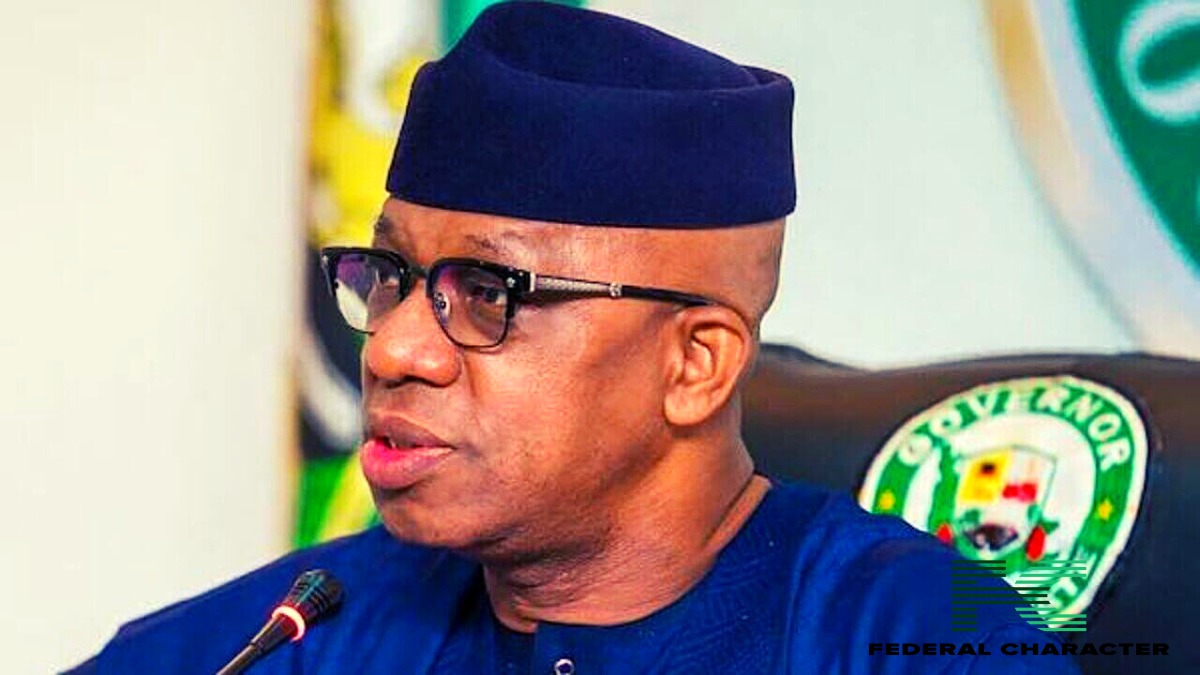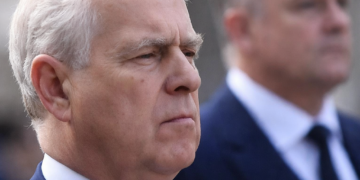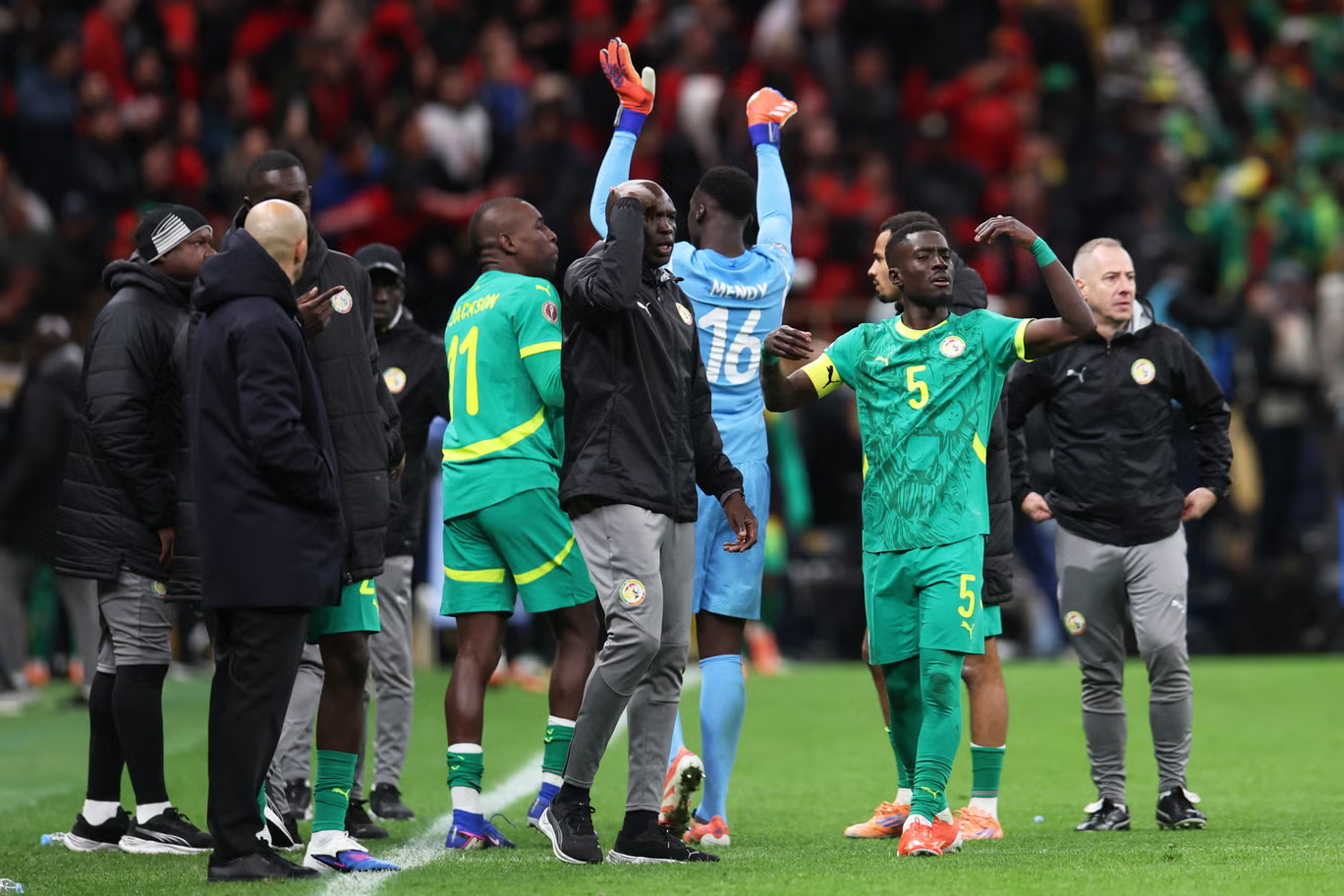An Islamabad additional sessions judge suspended a controversial order on Friday that sought to ban 27 YouTube channels, including those of former Prime Minister Imran Khan’s Pakistan Tehreek-e-Insaf (PTI) party and critical journalists. The ruling came after defense lawyer Imaan Mazari argued the original judicial magistrate’s directive lacked legal basis and jurisdiction, denying content creators due process under Article 10-A of Pakistan’s Constitution .
Alphabet-owned YouTube had notified the affected creators—among them prominent journalists like Asad Toor and Matiullah Jan—that their channels faced blocking unless they complied with the June 24 court order. The National Cyber Crime Investigation Agency (NCCIA) had accused the channels of disseminating “highly intimidating, provocative, and derogatory” content against state institutions . The suspension, pending a July 21 hearing, temporarily halts enforcement but leaves broader questions about digital censorship unresolved.

Legal and Political Backlash Against “One-Sided” Order
Mazari emphasized that the magistrate’s ruling violated procedural fairness, as none of the accused were given prior notice or a hearing. The Human Rights Commission of Pakistan (HRCP) condemned the blanket ban, warning it conflated dissent with criminality and undermined constitutional freedoms.
Meanwhile, PTI spokesperson Zulfikar Bukhari framed the case as part of a wider crackdown on dissent since Khan’s 2022 ouster, noting social media’s role as a last refuge for critical voices amid stifled traditional media.
The case highlights tensions between Pakistan’s amended Prevention of Electronic Crimes Act (PECA)—which permits three-year prison terms for “fake news”—and international human rights standards. Digital rights activists like Usama Khilji slammed the “complete lack of legal process,” while Amnesty International criticized PECA’s vague provisions for chilling free expression. Similar battles have erupted over X (formerly Twitter), which faced a year-long ban until May 2025.
What Happens Next:
With the NCCIA ordered to respond by the next hearing, the sessions court’s final decision could set a precedent for how Pakistan balances national security claims with digital rights. There are warnings that sustained censorship could deepen Pakistan’s isolation from global tech firms while emboldening state control over online discourse—a trend already visible in January’s creation of a Social Media Regulatory Authority.
















